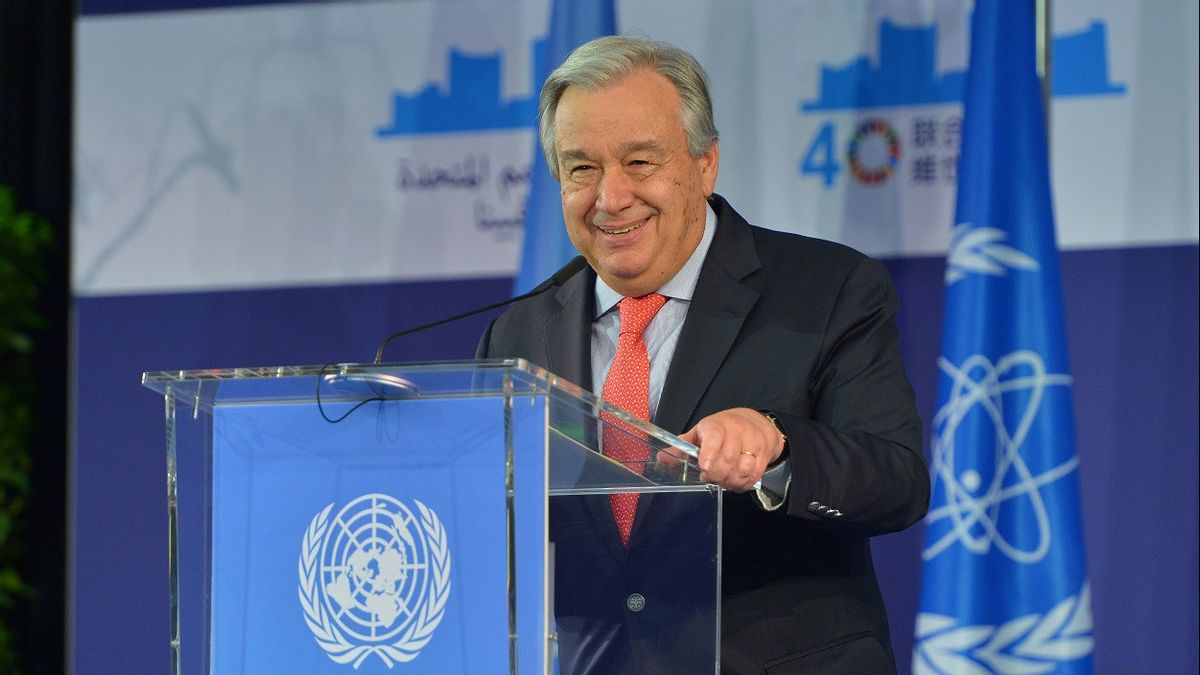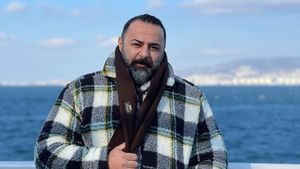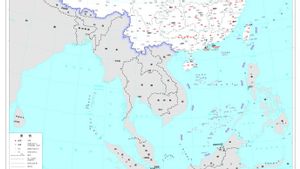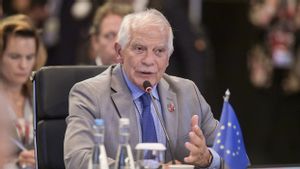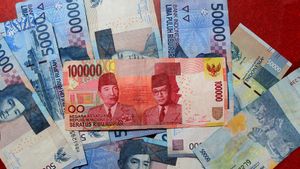JAKARTA - United Nations Secretary General António Guterres said on Thursday that he had sent a proposal to reinstate the Black Sea grain deal to Russia through Russian Foreign Minister Sergei Lavrov.
Guterres' letter appeared ahead of a meeting between Russian President Vladimir Putin and Turkish President Recep Tayyip Erdogan, as reported by Reuters, September 1.
Two Turkish sources told Reuters that the two countries' leaders planned to hold a meeting on Monday to discuss Black Sea grain exports.
"I believe we put forward a proposal that could be the basis for reform, but the reform must be stable," Guterres told reporters, without explaining further details of the proposal, as reported by Reuters 1 September.
"We cannot have a Black Sea initiative that goes from crisis to crisis, from suspension to suspension. We need to have something that works and benefits everyone," continued Guterres.
A Russian diplomat, speaking on condition of anonymity, told Reuters there were “no revelations” in Guterres’ letter to Lavrov and that it was only “a summary of previous UN ideas, which did not work.”
Lavrov said earlier on Thursday that after meeting Turkish Foreign Minister Hakan Fidan in Moscow, Russia saw no sign it would receive guarantees that would allow it to proceed with the Black Sea grain deal.
The Black Sea grain deal was intended to combat a global food crisis that the UN said had been exacerbated by Russia's invasion of Ukraine in February 2022. It was brokered by Turkey and the UN. Russia and Ukraine are known to be both leading grain exporters.
Russian President Vladimir Putin said the opportunity to restore the deal was not closed. Russia said that if demands to increase grain and fertilizer exports were met, it would consider reviving the Black Sea treaty.
SEE ALSO:
One of Moscow's main demands is for the Russian Agricultural Bank to be reconnected to the SWIFT international payments system. The European Union terminated the scheme in June 2022.
Although Russia's exports of food and fertilizer are not subject to Western sanctions imposed after Russia's invasion of Ukraine, Moscow says payment, logistics and insurance restrictions have hampered shipments.
"We have several concrete solutions enabling more effective access of Russian food and fertilizers to global markets at adequate prices," said Guterres.
"I am sure, by working seriously, we can get a positive solution for everyone," he concluded.
The English, Chinese, Japanese, Arabic, and French versions are automatically generated by the AI. So there may still be inaccuracies in translating, please always see Indonesian as our main language. (system supported by DigitalSiber.id)
